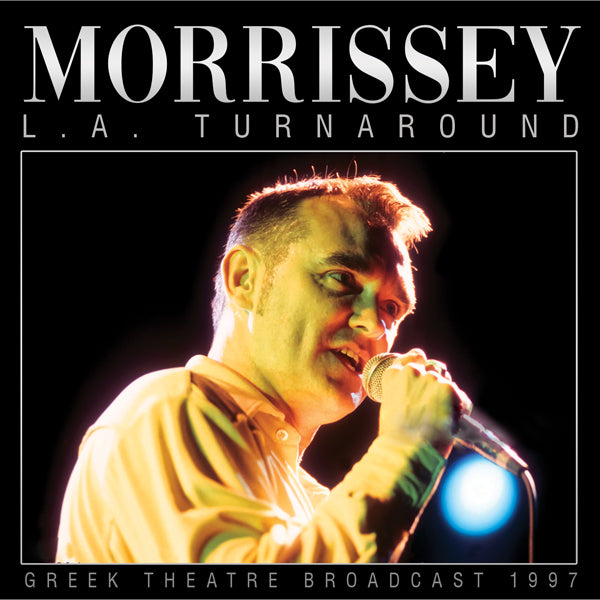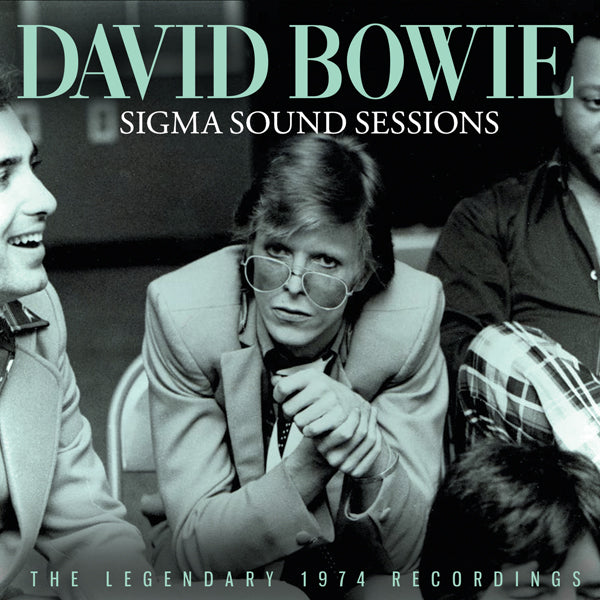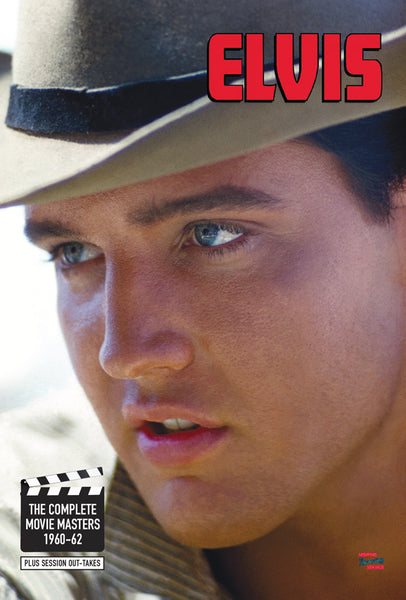
NEWPORT JAZZ 1974
by HERBIE HANCOCK
Compact Disc
GSF069
Label: GOOD SHIP FUNKE
STUNNING HEADHUNTERS SET FROM THE 1974 FESTIVAL
After racking up a string of classy acoustic jazz recordings on Blue Note (beginning with 1962's Takin' Off and continuing with such
classics as 64's Empyrean Isle, 65's Maiden Voyage and 68's Speak Like a Child), pianist-composer-bandleader Herbie Hancock
joined the Warner Bros. label and began flirting with electronics; first on 1969's jazz-funk opus Fat Albert Rotunda and in a more fullyrealized sense on his experimental sextet outings, 1970's Mwandishi and 1971's Crossings. By 1972, Hancock felt the sextet (aka the
Mwandishi band) had reached a peak and he was ready to go in a different direction that connected with a larger audience.
• Hancock's touring crew (reed man Benny Maupin, percussionist Bill Summers, electric bassist Paul Jackson and drummer Mike Clark)
took the stage at Carnegie Hall on this July 2nd concert with all the buzz afforded a group riding high on the strength of a popular
album (initially released in October, 1973) that still garnered tons of radio during the summer of '74. The crowd erupts with excited
shouts to the opening strains of Summers' instantly recognizable intro to ‘Watermelon Man’ (in which he simulates the simultaneous
singing/whistle playing of the Mbuti Pygmies of Northeastern Zaire). A radical reworking of a Hancock tune which originally appeared
on his 1962 album Takin' Off and later that year became a hit single for Mongo Santamaria, this funky version of is fuelled by the
telepathic push-and-pull of the stellar San Francisco-based rhythm tandem of Jackson and Clark.
• Next up is a smoking jam on the driving ‘Sly,’ a tune dedicated to Sly & the Family Stone, whose music (and in particular the hit single,
‘Dance to the Music’) had inspired Hancock to investigate this funk-fusion crossover music. Maupin stretches heroically on soprano
sax while Jackson and Clark fuel the groove with Summers' churning conga work and Hancock layers on his soulful accompaniment
on electric piano.
• During a spoken interlude, Hancock acknowledges his Chicago mentor Donald Byrd, who opened for Hancock with his band the
Blackbyrds. Then while introducing the band, Hancock gives each member a little solo spot to shine before they collectively head into
the ultra-funky, Hohner clavinet-driven ‘Spank-a-Lee,’ a tenor sax feature for Maupin which the group would record the following month
for Hancock's 1974 album Thrust, his follow-up to the mega-successful Chameleon.
• Hancock indulges the audience in a rap about his fear of bees as a prelude to ‘Hornets,’ a frantic romp that appeared on 2003's
Sextant and features some wild blowing on soprano sax by Maupin and a solo shakere-chanting excursion by Summers against
Hancock's otherworldly synth colouring. Summers' extended percussion jam segues smoothly into the familiar 12-note bass synth
theme that triggers ‘Chameleon,’ Hancock's catchiest number and biggest hit. Along with some scorching tenor work by Maupin,
Hancock erupts with some otherworldly synth soloing on this exhilarating set-closer.
• Like his employer/mentor Miles Davis, Herbie Hancock is a musical chameleon who has continued to reinvent himself over five
decades of music-making, zigzagging from acoustic jazz to avant-garde, funk-fusion, dance music, world music, hip-hop jazz and even
pop.
1 Watermelon Man 5:11
2 Sly, Part 1 5:47
3 Sly, Part 2 9:03
4 Spank-A-Lee 10:36
5 Herbie’s Bee Rap / Hornet 14:35
6 Summer Percussion Jams 1:46
7 Chameleon 16:07



